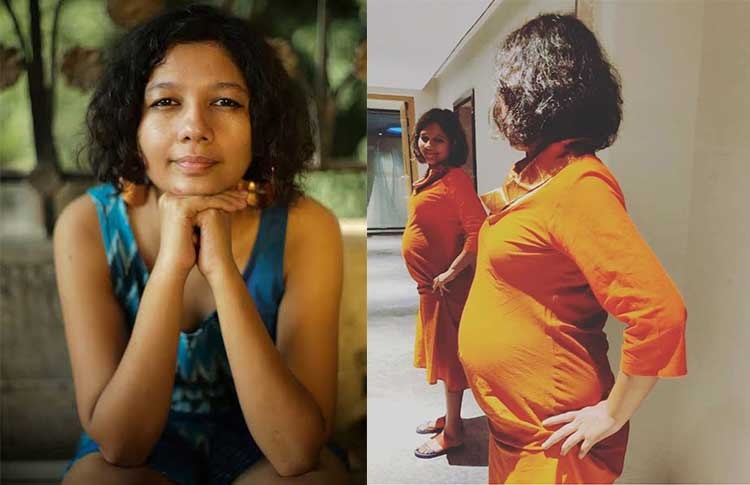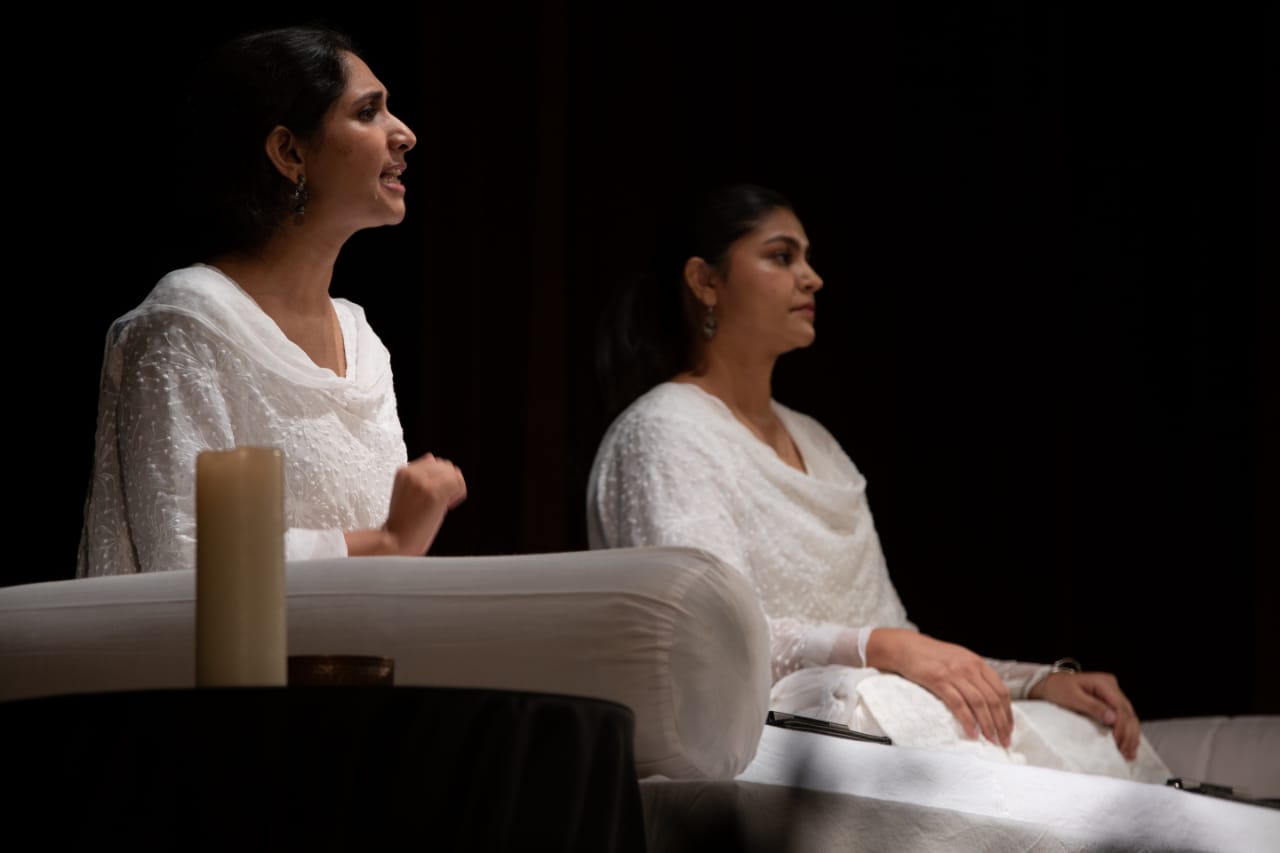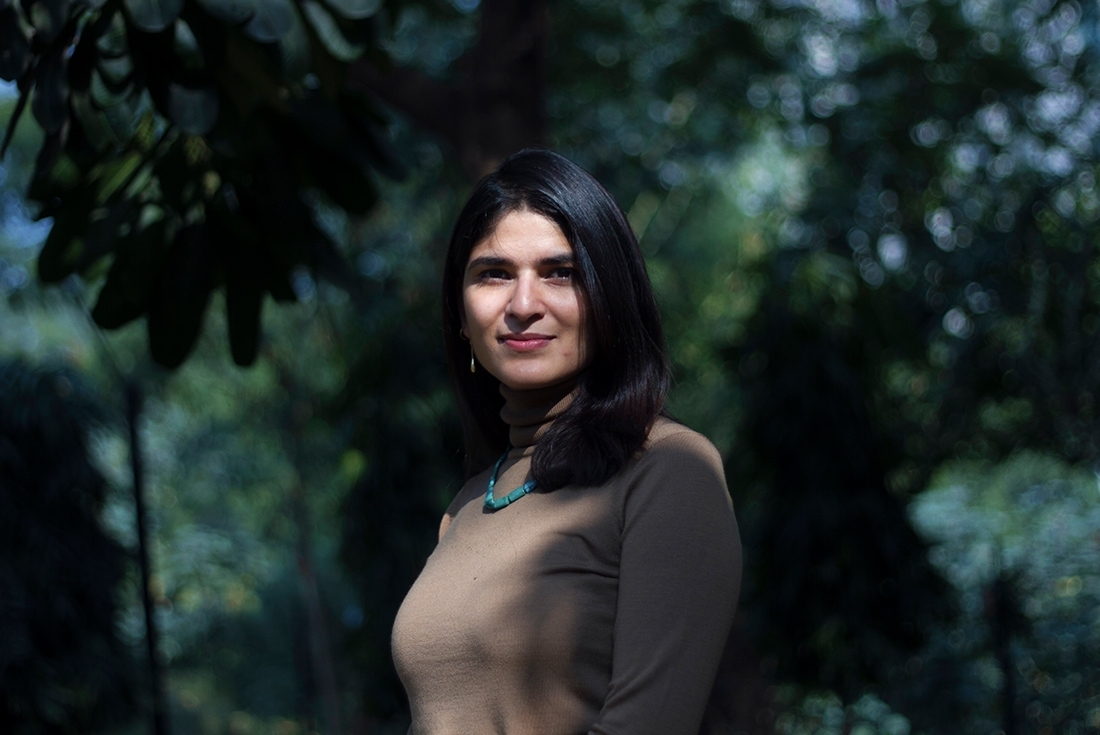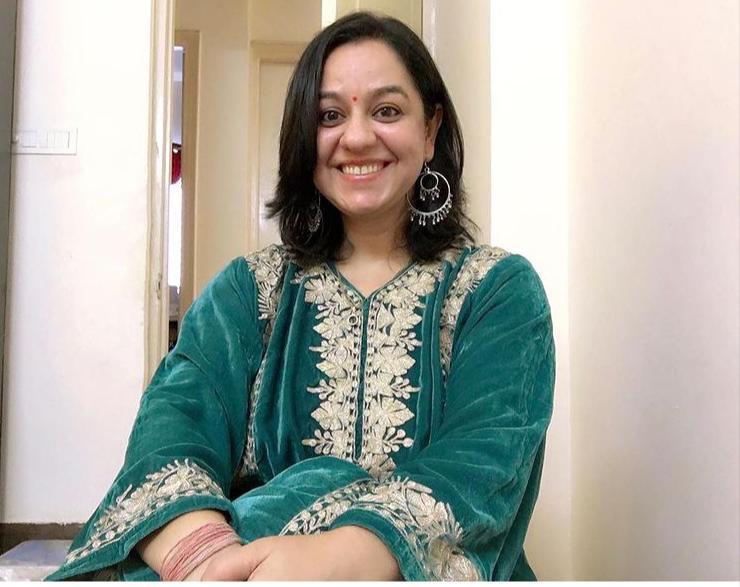Even Though She Was Humiliated At 12, Mangka Vowed To Revive Extinct Manipuri Art Forms
- IWB Post
- April 30, 2018

In September last year, beautifying the stage of Kavi Bhansali at Jodhpur’s RIFF folk music festival in Jodhpur, was Mangka Mayanglambam, a 21-year-old singer. Opting to sing in Moirang Sai, the epic love tale of Khamba and Thoibi of Moirang, she captivated the audience with her graceful and rhythmic performance.
Though the audience were young people, unfamiliar with the language she sang in, they stayed because of the beauty and excellent dramatic effect of her performance. Accompanied by her father, who played the langdeng, her melodious voice and movement held all the nine rasas.
But one shouldn’t be fooled by the meek form she displays on stage as Mangka is quite the rebel. She has stood against many baseless Manipuri traditions like performing the extinct art form of Moirang Sai, which women were not encouraged to perform and playing the pena, a fiddle-like folk instrument like a pro that women are not allowed to play.
It is thanks to her dedication to this dying art form, that it today has an audience and nearly 200 young students, who call her oza (respected teacher), willing to excel in Moirang Sai. They all attend the school in Imphal that her father runs, to learn the art form.
But the path to bringing glory to her ancestral art form wasn’t easy. Mangka as a 12-year-old was drawn to Moirang Sai because of the element of dance, the use of nearly-extinct words and phrases, which her forefathers had once used. But her schoolmates started making fun of her, calling her grandmother, for having interesting in such ancient art forms, which made her feel isolated. “Why do they make fun of me?” she would ask her father, who himself was a well-known teacher. His troupe, Laihui, is solely committed to bringing back fading folk art forms of Manipur. He said, “If you turn back now, you won’t reach anywhere.”
So, Mangka put her heart into her mission to revive Moirang Sai, learning for hours, sometimes weeks, from her teacher, Langathel Thoinu Devi, the woman who had kept this art of narrative folk singing alive. “She had it all in her mind, there was no pen and paper between us, [it was all in her] memory,” Mangka said.
When Mangka, as a fifth-grade student, gave her first performance and won a prize, people made fun of her and humiliated her and even then she refused to back out. “I stuck [to it] because I love it. This is our own music and thereafter, I just listen to the music, ignoring the noise,” she said.
And her perseverance won. Recognizing her talent, All India Radio, Imphal, asked her to participate in the Asian Broadcasting Union Radio Song Festival by sending in a five-minute recording for the all-India contest.
Her song was selected even though Mangka sent in a five-hour recording because “a narrative cannot be finished in five minutes.” In 2014, she represented India and performed Moirang Sai in Colombo in 2014. She was just in ninth grade.
In the same year, when her song, Hada samaton was recorded for the International Polo Tournament and was relayed by DD Imphal for 10 consecutive, the very people who humiliated for her ‘archaic tastes’ in art became her fans.
H/T: Scroll
- 0
- 0












